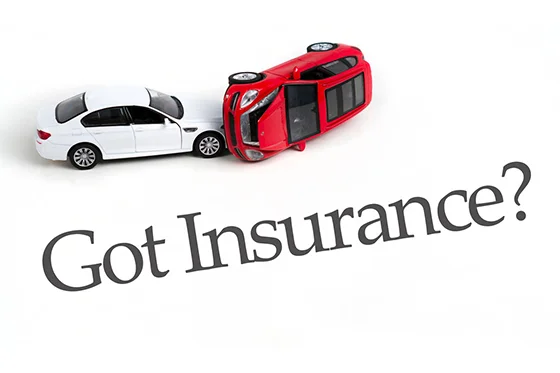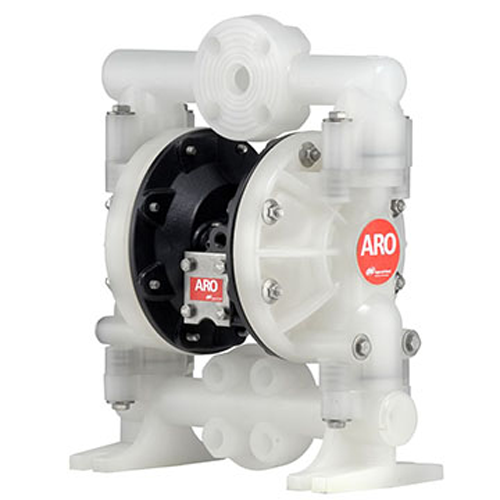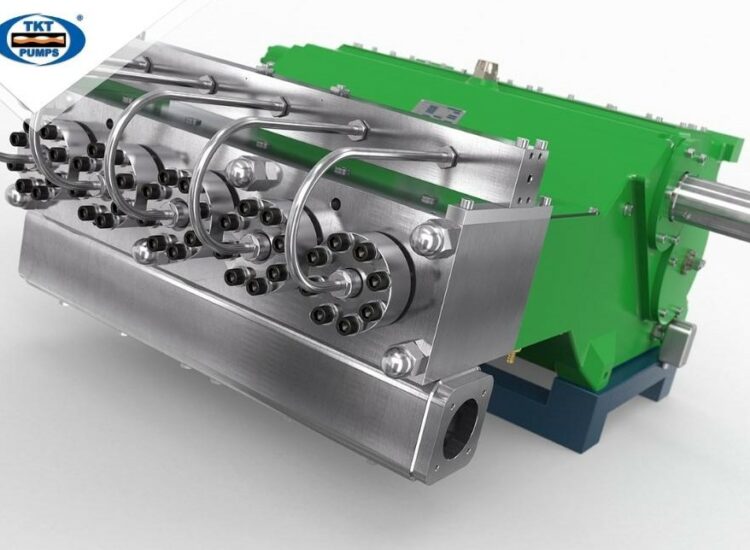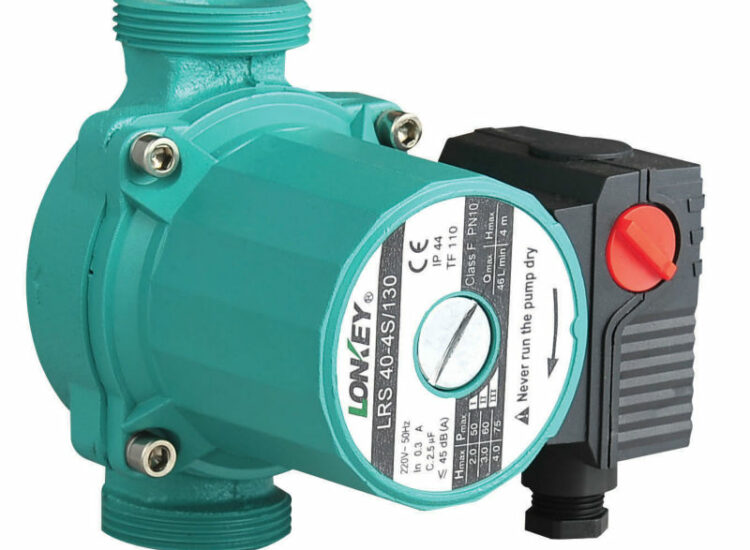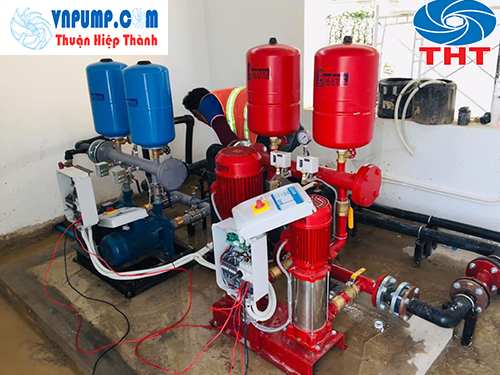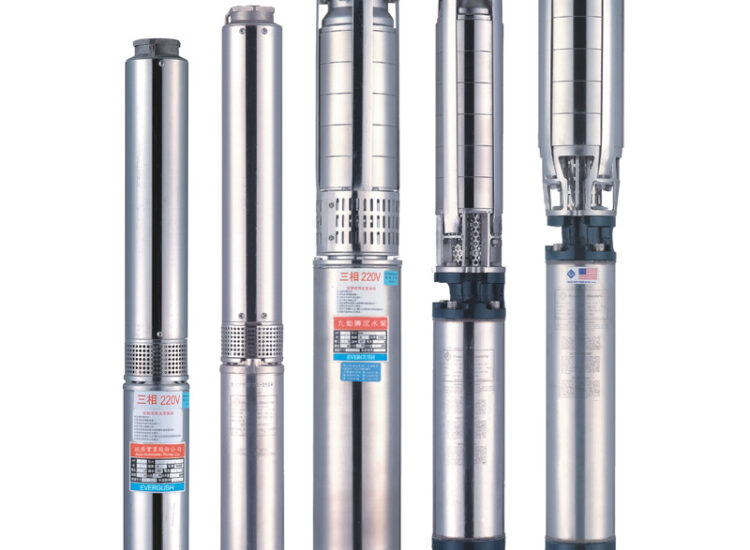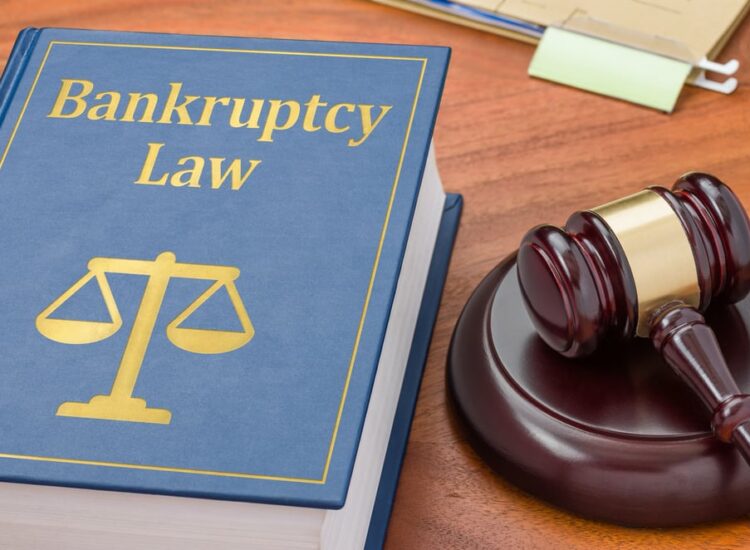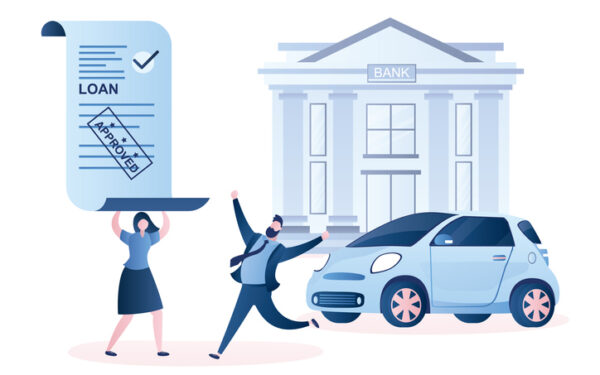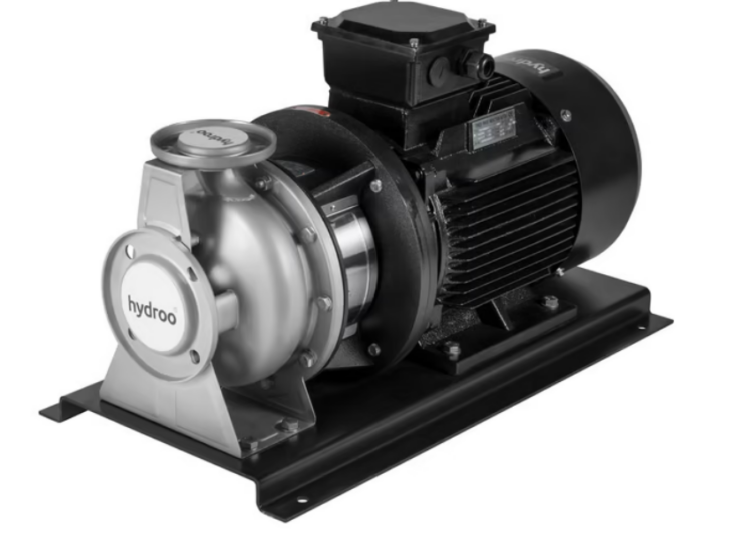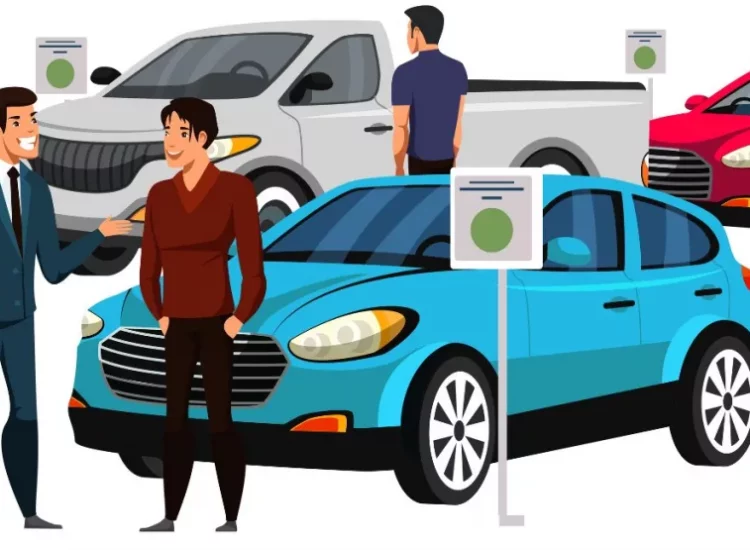For many entrepreneurs, small business owners, or even employees using their personal vehicles for work tasks, the line between personal and business vehicle use can sometimes feel blurred. Your car might get you to work, run errands, and transport your family for personal trips, but what happens when that same car is used to meet a client, deliver a product, transport tools or equipment, or travel between work sites? While your personal auto insurance policy covers your personal driving, it’s critical to understand that this coverage often becomes invalid the moment your car is used for business purposes. This is where Commercial Insurance for Car becomes an absolute necessity. Commercial Insurance for Car, often referred to as commercial car insurance, business car insurance, or specifically as a commercial auto insurance policy covering cars, is distinct from personal auto insurance and is designed to protect you and your business from the unique and often greater risks associated with using a vehicle for commercial activity. Failing to secure the appropriate commercial insurance for your car can leave you uninsured in the event of an accident during work, exposing your business and personal assets to potentially devastating financial losses and legal liabilities. Understanding what is Commercial Insurance for Car, the vital role it plays in managing business risks, the essential coverages it provides, and the process of obtaining this protection is crucial for any individual or business using a car for work. This extensive guide will delve into the specifics of Commercial Insurance for Car, exploring its core distinctions, detailing the key types of commercial car insurance coverage, discussing the factors influencing commercial car insurance cost, and outlining how to navigate the process of getting commercial car insurance quotes and securing a policy as part of a robust business risk management strategy.
Toc
- 1. Do You Need Commercial Insurance for Your Car? Understanding Business Use vs. Personal Use
- 2. Related articles 01:
- 3. Key Coverages and Protection Within a Commercial Insurance for Car Policy
- 4. Related articles 02:
- 5. Acquiring and Managing Your Commercial Insurance for Car: Cost, Process, and Strategy
Do You Need Commercial Insurance for Your Car? Understanding Business Use vs. Personal Use

The critical question for many who use their vehicle for work is simple: Do I need commercial insurance for my car? The answer hinges entirely on how you use the vehicle. If your car is used in a way that is considered “commercial” by insurance standards, then yes, you absolutely need Commercial Insurance for Car.
Defining Commercial Insurance for Car: What Makes It Different?
Commercial Insurance for Car is a specialized type of commercial auto insurance policy specifically designed to cover automobiles (passenger cars, SUVs, sedans, etc.) when they are used for business-related activities. The fundamental difference between personal auto insurance and Commercial Insurance for Car lies in the nature and frequency of the vehicle’s use. Personal auto insurance is underwritten and priced based on the risks associated with driving for personal reasons – commuting to a single place of work, running household errands, leisure travel.
Commercial Insurance for Car, conversely, is designed for vehicles used to generate income or conduct business operations. This might include using your car for:
- Sales Visits: Traveling to meet clients or prospects.
- Deliveries: Transporting goods to customers (food delivery, package delivery).
- Service Calls: Driving to different locations to provide a service (plumbers, electricians, consultants).
- Transporting Equipment/Tools: Regularly carrying work-related items in your car.
- Business Errands: Frequent trips to banks, post offices, suppliers specifically for business needs.
- Transportation of Passengers for Hire: Ridesharing or taxi services (often requires specific endorsements or policies beyond standard commercial auto).
- Any vehicle owned by a business entity: If the car is titled in the name of your LLC, corporation, or partnership, it typically requires Commercial Insurance for Car, regardless of how it’s used, as personal policies don’t cover vehicles owned by businesses.
The moment your car’s use transitions from purely personal to any of these commercial activities, the risk profile changes. Business use often means more time spent driving, driving in different areas, potentially carrying items of value, or having customers/clients in the vehicle. Personal auto insurance policies are not priced to account for these increased or altered risks and almost always contain specific clauses that exclude coverage for damages or liabilities incurred during commercial use. This exclusion means that if you are involved in an accident while using your car for business and only have a personal policy, your insurer will likely deny the claim, leaving you personally and your business financially exposed. This is the core reason why Commercial Insurance for Car is distinct and necessary – it covers the specific risks and liabilities associated with using a car to conduct your business.
When Personal Auto Insurance Isn’t Enough for Your Business Car

It can be tempting for business owners, especially solopreneurs or small business owners, to rely on their personal auto insurance for their car, even if they use it for work occasionally. However, this is a dangerous gamble that can lead to severe financial consequences. Understanding the circumstances under which personal auto insurance coverage for your car becomes insufficient is crucial for determining the need for Commercial Insurance for Car.
Personal auto insurance policies are designed for a specific risk profile, assuming standard personal use. The pricing, coverage limits, and terms of the policy are based on this assumption. When a car is used for commercial purposes, the risk profile changes significantly. There’s often more driving involved, increasing the exposure to accidents. The nature of the driving might involve increased stops, navigating different traffic patterns, or parking in unfamiliar locations. The potential for liability is also amplified; an accident during business hours could result in not just claims for physical injury and property damage, but also potential claims for lost business income or contractual penalties suffered by clients due to the disruption.
As a result, personal auto insurance policies almost universally contain a “business use” or “commercial use” exclusion clause. This clause states that coverage is excluded if the vehicle is being used for commercial purposes at the time of the incident. The interpretation of “commercial use” can vary between policies, but generally, any activity directly related to earning income or operating a business falls under this exclusion. This means if you’re driving to a client meeting, making a delivery, or transporting work equipment and get into an accident, your personal policy can legally deny your claim. This leaves you personally liable for all damages, medical bills, legal fees, settlements, and judgments, which can quickly amount to hundreds of thousands or even millions of dollars. This critical gap in coverage is why personal auto insurance is inadequate and Commercial Insurance for Car is required to legally and safely insure business car usage.
Why Commercial Insurance for Your Car is a Necessity for Legal Compliance and Protection
Securing Commercial Insurance for Your Car is not merely a recommendation; it is a necessity driven by legal requirements, contractual obligations, and the fundamental need for robust financial protection. Operating a vehicle for commercial purposes without the appropriate commercial auto insurance is illegal in virtually all jurisdictions and exposes the business and its owners to immense risk.
Firstly, Commercial Insurance for Car ensures legal compliance. Driving a vehicle requires minimum levels of insurance coverage mandated by state or national laws. When a vehicle is used for commercial purposes, these legal requirements fall under commercial auto insurance. Using a car for business without the proper commercial auto insurance for cars can result in significant fines, suspension of driver’s licenses or business licenses, vehicle impoundment, and severe legal repercussions in the event of an accident. Law enforcement and regulatory bodies can verify if a vehicle is appropriately insured based on its registration and declared use.
Secondly, Commercial Insurance for Car provides critical financial protection. As highlighted, the potential costs of an accident involving a commercial vehicle can be staggering. Lawsuits for bodily injury or property damage can reach very high values. Commercial Insurance for Car, with its typically higher liability coverage limits compared to personal policies, is designed to cover these costs. This protection is essential for safeguarding the business’s assets and preventing financial ruin. It ensures that the business has the financial capacity to cover damages it causes to others, rather than having to pay out of pocket or declare bankruptcy.
Thirdly, Commercial Insurance for Car can be a requirement for business relationships. Many clients, vendors, partners, and landlords require businesses they work with to carry specific types of commercial insurance, including adequate commercial auto insurance, as a condition of doing business or signing a contract. Demonstrating that you have Commercial Insurance for Car is often necessary to secure contracts, rent commercial space, or participate in certain business activities (like joining a delivery network). This makes appropriate business car insurance essential for operational legitimacy and growth opportunities. Thus, Commercial Insurance for Car is a fundamental necessity for legal operation, financial security, and establishing credible business relationships. It is the correct way to insure business car usage.
Key Coverages and Protection Within a Commercial Insurance for Car Policy
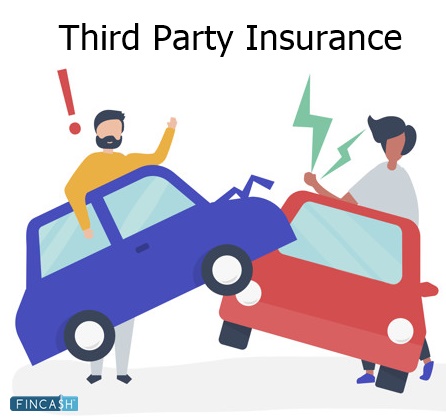
A commercial insurance policy for a car used in business is built upon several standard coverages, similar in name to personal auto insurance but differing significantly in scope, limits, and rating. Understanding these essential types of commercial car insurance coverage ensures your business car is adequately protected.
Covering Liabilities: Protecting Your Business When Your Car Causes Damage or Injury
The most crucial component of any Commercial Insurance for Car policy is liability coverage. This protection is paramount because it covers the costs associated with damages or injuries that your commercial vehicle causes to other people or their property.
Commercial auto insurance liability coverage for a business car typically includes two main parts:
- Bodily Injury Liability: This covers the costs resulting from injuries sustained by others in an accident caused by your commercial vehicle. This can include medical expenses, hospitalization, lost wages, pain and suffering, and legal defense costs if you are sued. Commercial Insurance for Car policies offer much higher limits for Bodily Injury Liability compared to personal policies, recognizing the increased potential severity of accidents involving business use.
- Property Damage Liability: This covers the costs of repairing or replacing property belonging to others that is damaged by your commercial vehicle in an accident. This could be another vehicle, a building, a fence, etc.
These liability coverage limits are typically expressed as a set of numbers (e.g., $100,000/$300,000/$100,000, representing bodily injury per person, bodily injury per accident, and property damage per accident). Choosing sufficient liability coverage limits is essential, as any costs exceeding these limits could become the direct responsibility of your business or you personally. This foundational liability coverage in Commercial Insurance for Car is non-negotiable and legally required for all commercial vehicle insurance.
Protecting Your Asset: Physical Damage Coverage for Your Commercial Car
Beyond covering damages caused to others (liability), a comprehensive Commercial Insurance for Car policy also includes coverages to protect the value of your own business car from damage or loss. This is known as physical damage coverage.
Physical damage coverage for a commercial car typically comprises:
- Collision Coverage: This pays for damage to your commercial vehicle that results from a collision with another vehicle or object, regardless of who was at fault. If your business car hits another car, a tree, or rolls over, collision coverage applies.
- Comprehensive Coverage: This provides coverage for damage to your commercial vehicle from events other than collisions. This includes theft, vandalism, fire, hail, flooding, falling objects, or hitting an animal.
Both collision and comprehensive coverage usually have a deductible, which is the amount you pay out-of-pocket before the insurance coverage begins. Choosing the right deductible involves balancing the commercial car insurance cost (higher deductible usually means lower premium) against the amount you can afford to pay if a claim occurs. Securing adequate physical damage coverage is important for protecting your business’s investment in its vehicles and ensuring that if a business car is damaged, you have the means to repair or replace it quickly, minimizing operational downtime. This coverage is vital for maintaining the functionality of your commercial vehicle.
Essential Add-ons: Hired & Non-Owned Auto Coverage and Other Protections for Business Car Use
A truly comprehensive Commercial Insurance for Car strategy extends beyond insuring owned vehicles to cover other ways cars might be used for business. This is where Hired and Non-Owned Auto Insurance and other endorsements become crucial additions to your business auto policy.
- Hired Auto Coverage: This provides liability coverage for vehicles that your business rents, leases, hires, or borrows for commercial purposes (excluding vehicles owned by your employees). For example, if your sales team rents cars for a convention trip, Hired Auto coverage provides liability protection for your business in case of an accident while using the rented vehicle for work.
- Non-Owned Auto Coverage: This is a critical coverage for businesses where employees use their personal cars for work-related tasks (e.g., driving to meetings, running errands). While the employee’s personal auto policy is primary, Non-Owned Auto coverage provides excess liability coverage for the business if the employee’s personal policy limits are exhausted or if the personal policy denies coverage due to business use. It protects the business from liability risks associated with employees using their own cars on company time.
These Hired and Non-Owned Auto Insurance coverages are essential additions to a Commercial Insurance for Car policy for many businesses, closing significant coverage gaps. Other potential endorsements might include Medical Payments or Personal Injury Protection (covering medical expenses for occupants of your commercial vehicle regardless of fault) and Uninsured/Underinsured Motorist coverage (protecting you if you’re hit by a driver with insufficient or no insurance). Choosing the right combination of these types of commercial car insurance and endorsements is key to building a commercial insurance policy that comprehensively protects your business’s car usage.
Acquiring and Managing Your Commercial Insurance for Car: Cost, Process, and Strategy

Securing the appropriate Commercial Insurance for Car involves understanding what influences the price, navigating the steps to get covered, and integrating this protection into your overall business risk management framework. The goal is to obtain a suitable commercial insurance policy for your business car(s) efficiently and effectively.
What Determines the Commercial Insurance Cost for a Business Car?
The premium for Commercial Insurance for Car is calculated based on a range of factors that help insurers assess the specific risks associated with your particular business car and its usage. Understanding these influences your commercial car insurance cost.
Key factors impacting the commercial insurance cost for a business car include:
- Vehicle Details: The make, model, year, and value of the car. More expensive cars generally cost more to insure for physical damage.
- Vehicle Usage: How the car is used for business (e.g., light use for sales vs. heavy use for deliveries). The type and frequency of use significantly impact risk.
- Industry: The industry of your business affects risk perception. A landscaping business car faces different risks than a real estate agent’s car.
- Driver Information: The driving records, age, and experience of anyone who will operate the commercial vehicle. Poor driving records increase commercial car insurance cost.
- Location: Where the car is primarily garaged and driven. Areas with high traffic density, accident rates, or crime rates will have higher premiums.
- Coverage Limits and Deductibles: Choosing higher liability coverage limits or lower deductibles for physical damage coverage will increase the commercial insurance cost.
- Number of Vehicles: Insuring multiple commercial vehicles can impact the per-vehicle cost, sometimes with fleet discounts.
- Business’s Claims History: A history of filing previous commercial auto insurance claims or other business insurance claims can lead to higher premiums.
Providing accurate information about these factors when seeking commercial car insurance quotes is essential for receiving a precise estimate of your commercial insurance cost for your business car.
The Process of Obtaining Commercial Insurance for Your Car and Getting Quotes
Securing Commercial Insurance for Your Car involves a straightforward process focused on accurately describing your business and vehicle usage to potential insurers. It starts with getting commercial car insurance quotes.
- Gather Necessary Information: Compile detailed information about your business (legal structure, industry, location, number of employees), the specific car(s) needing coverage (VIN, year, make, model, usage), the names and driving records of all drivers, and details about any previous commercial auto claims.
- Assess Your Coverage Needs: Determine the appropriate types of commercial car insurance needed based on your risk assessment, including liability coverage, physical damage coverage, Hired and Non-Owned Auto Insurance (if applicable), and any other relevant endorsements. Decide on desired coverage limits and deductibles.
- Shop for Commercial Car Insurance Quotes: Contact insurance companies that specialize in commercial auto insurance or work with an independent insurance agent. Provide the detailed information gathered in step 1. Be very clear about how the car is used for business purposes to ensure you get quotes for the correct type of policy (Commercial Insurance for Car, not personal).
- Compare Quotes: Evaluate the commercial car insurance quotes received from different insurers. Look beyond just the commercial car insurance cost. Compare the coverage limits, deductibles, included types of commercial car insurance, and importantly, any exclusions or limitations related to your specific business usage.
- Review the Policy Details: Before purchasing, carefully read the entire proposed commercial insurance policy document. Understand all terms, conditions, definitions (especially how “business use” or “commercial use” is defined), coverage specifics, limits, and exclusions. Ask your agent or insurer any questions you have.
- Purchase Coverage: Once you are satisfied with the quote and policy details, finalize the purchase by signing the policy documents and making the initial premium payment. Your Commercial Insurance for Car policy then becomes active.
Navigating the process of getting commercial car insurance quotes and securing a policy ensures your business car is properly protected under a valid commercial insurance policy.
Managing Your Commercial Insurance for Car Policy and Integrating It with Business Risk Management
Obtaining Commercial Insurance for Car is a crucial step, but managing the policy effectively over time is equally important for robust business risk management. This involves ongoing attention to your coverage and potential changes in your business operations.
- Pay Premiums On Time: Ensure premiums for your Commercial Insurance for Car policy are paid promptly to maintain continuous coverage. Lapse in coverage can leave you exposed and is illegal while the vehicle is being used for business.
- Keep Policy Information Accurate: As your business evolves, inform your insurer or agent. This includes changes to how the car is used, adding or removing drivers, changing location, or adding/removing vehicles. Failure to update your policy can lead to issues with coverage if a claim occurs. This proactive approach is key in business risk management.
- Review Coverage Annually: At least once a year, review your Commercial Insurance for Car policy with your agent. Discuss any changes in your business operations or vehicle usage and ensure your liability coverage limits and other coverages are still adequate for your current risk exposure. Commercial insurance for cars needs evolve with your business.
- Understand the Claims Process: Familiarize yourself with how to report a claim under your Commercial Insurance for Car policy. Knowing the steps involved can help expedite the process if an accident occurs.
- Integrate with Overall Business Risk Management: View Commercial Insurance for Car not in isolation but as a critical part of your total business risk management strategy. It addresses vehicle risk, just as general liability addresses premises/operations risk, and workers’ comp addresses employee injury risk. Implement safety programs for drivers as part of your overall risk reduction efforts, complementing the insurance transfer.
By actively managing your Commercial Insurance for Car policy and integrating it into a broader framework of business risk management, you ensure that the vehicles essential to your operations are adequately protected against the financial and legal risks associated with commercial use. This diligence safeguards your business’s stability and future.
In conclusion, Commercial Insurance for Car is a necessary and distinct form of commercial auto insurance specifically designed for cars used for business purposes. Understanding what is Commercial Insurance for Car highlights the critical difference from personal auto insurance and the legal and financial imperative to adequately insure business car usage. Key types of commercial car insurance include essential liability coverage, physical damage protection (collision and comprehensive), and crucial hired and non-owned auto coverage for scenarios where non-owned cars are used for business. The commercial insurance cost for a business car is influenced by factors ranging from vehicle type and usage to driver history and location. Getting commercial car insurance quotes involves accurately representing your business and vehicle usage to specialized insurers or agents. By securing appropriate Commercial Insurance for Car and integrating it into their overall business risk management strategy, businesses effectively transfer significant vehicular risks, protecting their financial stability, operations, and future against the unpredictable challenges of the road. It is a non-negotiable component for any business that puts its cars to work.
